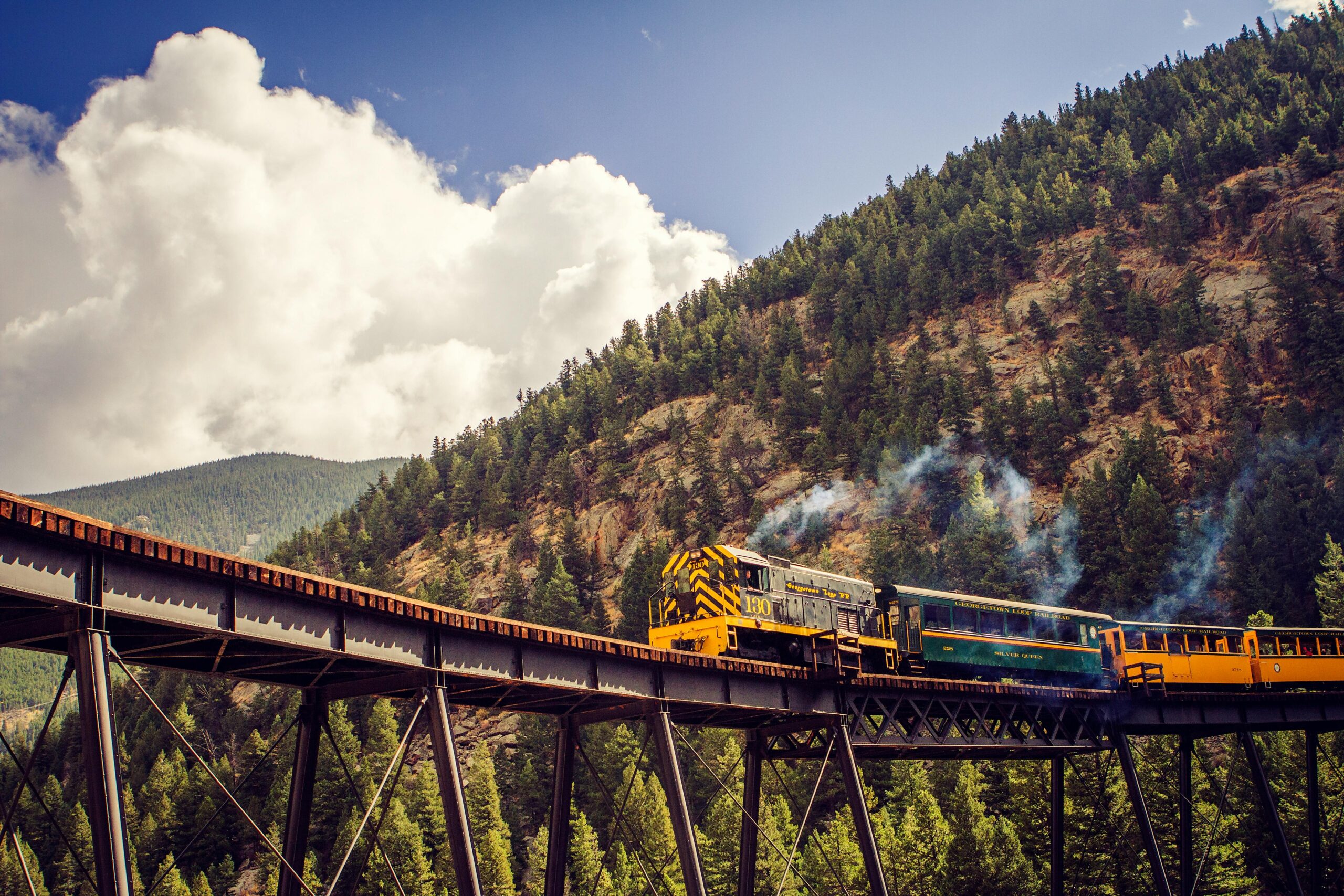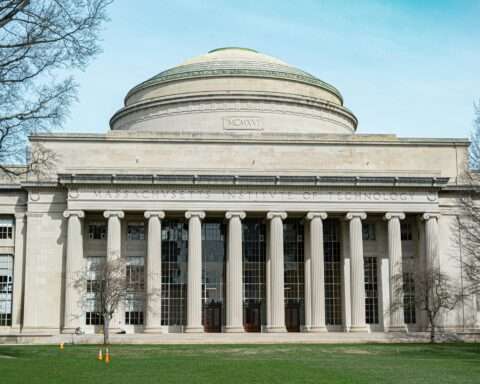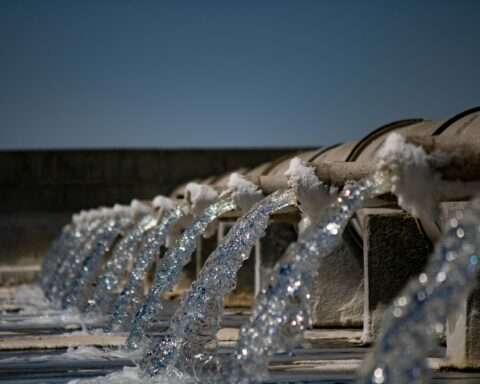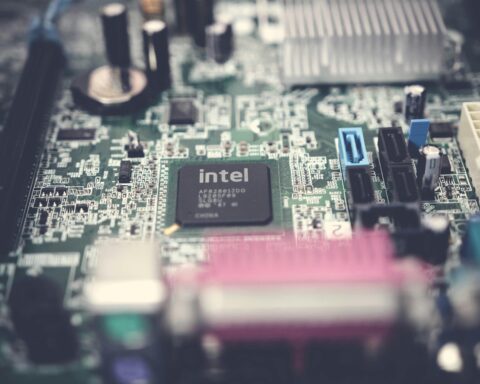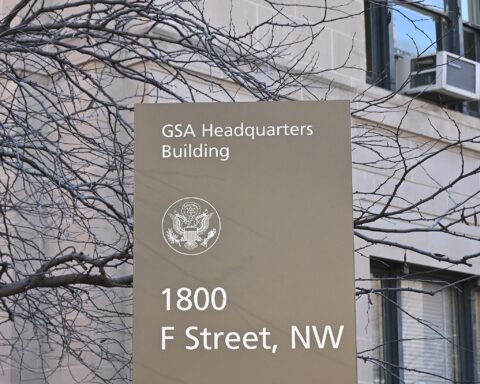The U.S. Department of Transportation (DOT) is making one of the most significant investments in American rail infrastructure in over half a century through its annual Consolidated Rail Infrastructure and Safety (CRISI) Program grant allocation.
Through the program, the DOT’s Federal Railroad Administration (FRA) is announcing over $2.4 billion in grants to advance locomotive safety, efficiency and reliability. The funds will also improve railroad track conditions and enhance multimodal connections throughout the nation. These CRISI grants will fund rail improvement projects that will initiate a broad array of rail infrastructure rehabilitation, expansion, resiliency and zero-emission initiatives.
RELATED: Chicago’s Metra rail proposes $1.1 billion budget for operations, infrastructure upgrades
As the only federal grant program to prioritize smaller, short line railroads, the CRISI program selected projects that are vital to regional supply chains, local freight networks and the American economy.
These selected projects will primarily develop physical rail safety initiatives, including new safety detection systems, track rehabilitation and the enhancement of trespass and right-of-way infrastructure. Projects will also prioritize new intercity passenger rail service developments, innovative electric- and hydrogen-based locomotive technologies, rural community investments and a commitment to develop and maintain a skilled workforce.
Representing a portion of DOT’s significant rail investment, two of these rail projects in Illinois and North Carolina will secure grants of more than $100 million each.
The FRA will award up to $157 million to the City of Springfield, Illinois for the Springfield Rail Improvements Project. Utilizing the funding, the city will consolidate two Union Pacific and Norfolk Southern corridors into a multitrack corridor to provide a higher speed intercity passenger rail connection between St. Louis and Chicago.
The multiphase initiative will also conduct track improvements, build new grade crossing separations and construct a multimodal transportation center to connect riders to local bus services, passenger rail lines and intercity bus connections.
The North Carolina Railroad Company (NCRR) will utilize a CRISI grant of up to $105.6 million to improve freight and passenger capacity on the company’s NC-Line. NCRR’s Carolinian and Piedmont Passenger and Freight Improvements Project will upgrade over five miles of siding, reconstruct up to 69 miles of rail tracks, improve track geometry and remove one grade crossing.
Expected to begin construction in 2025, the expansive project will develop these key rail upgrades across Raleigh, Cary, Morrisville, Hillsborough, Burlington and Greensboro. Officials anticipate these upgrades will allow for additional passenger trains to travel through congested areas and significantly reduce freight and passenger delays.
Some additional CRISI projects in this round include:
- Kiamichi Railroad Company LLC, Oklahoma – Up to $56.6 million to replace 76 miles of jointed rail, resurface the land and install ballasts along these segments. The project will also install 10 rail lubricators, resurface 114 crossings and install trespassing signs and barriers at 10 crossings.
- East Erie Commercial Rail, Pennsylvania – Up to $48.4 million to research the feasibility of hydrogen dual-fuel internal combustion engines and liquid hydrogen technologies. The project’s demonstration would be conducted in Colorado’s Transportation Technology Center in Pueblo to educate rail operators, first responders and industry stakeholders on how to safely handle hydrogen.
- Washington State Department of Transportation, Washington – Up to $37.7 million to replace all rail and ties along a critical segment of the Palouse River and Coulee City Rail System’s Central Washington Branch. The project is anticipated to improve the safety and efficiency of locomotive travel and support eastern Washington’s farmers and rural communities.
- Red River Valley & Western Railroad Company, North Dakota – Up to $20.7 million to replace 25 miles of rail and construct two new sidings along the company-owned 3rd Subdivision between Gwinner and Oakes. The project would return the track to a state of good repair and provide system and service performance upgrades.
- Capitol Corridor Joint Powers Authority, California – Up to $20 million to install security fences along the Capitol Corridor route in northern California. The security fences would deter and prevent pedestrians from crossing onto rail tracks in three priority locations: Oakland to Fremont, Richmond to Emeryville and Fairfield to Suisun City.
For a full list of awardees for this year’s CRISI program, see the FRA’s CRISI Project Summaries list. More information and resources on the program are available on the CRISI Program webpage.
Photo by Joetography



